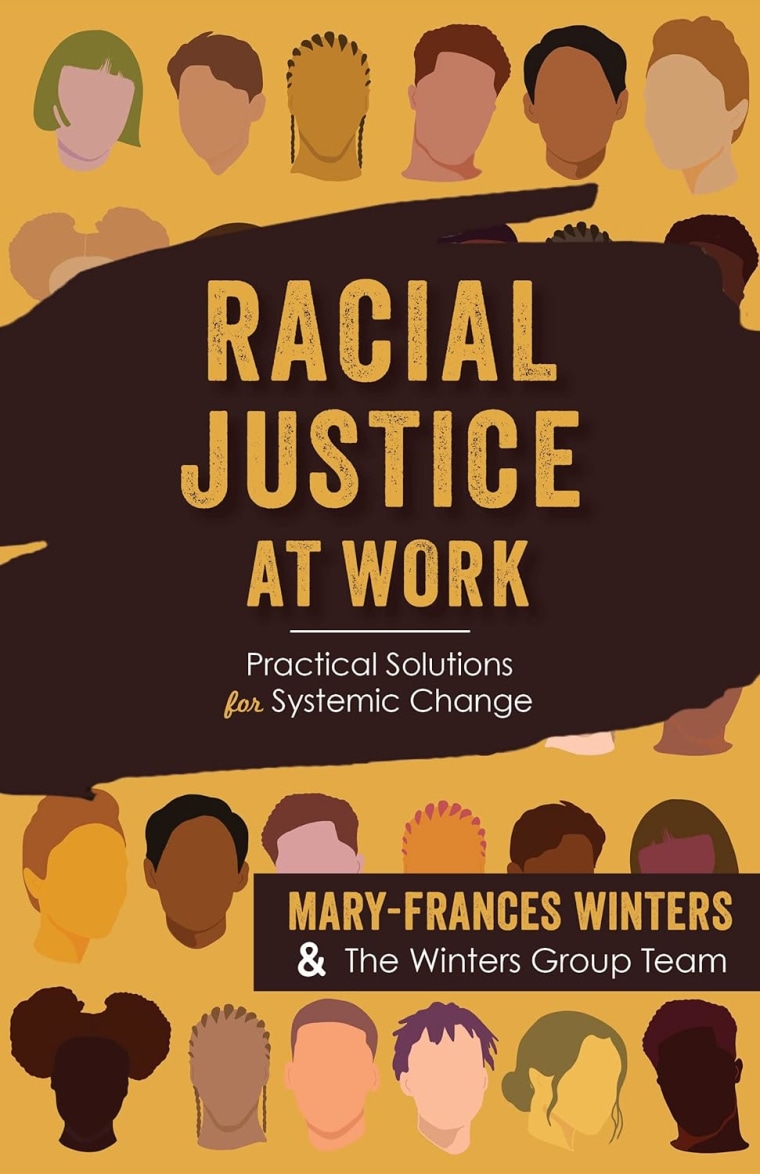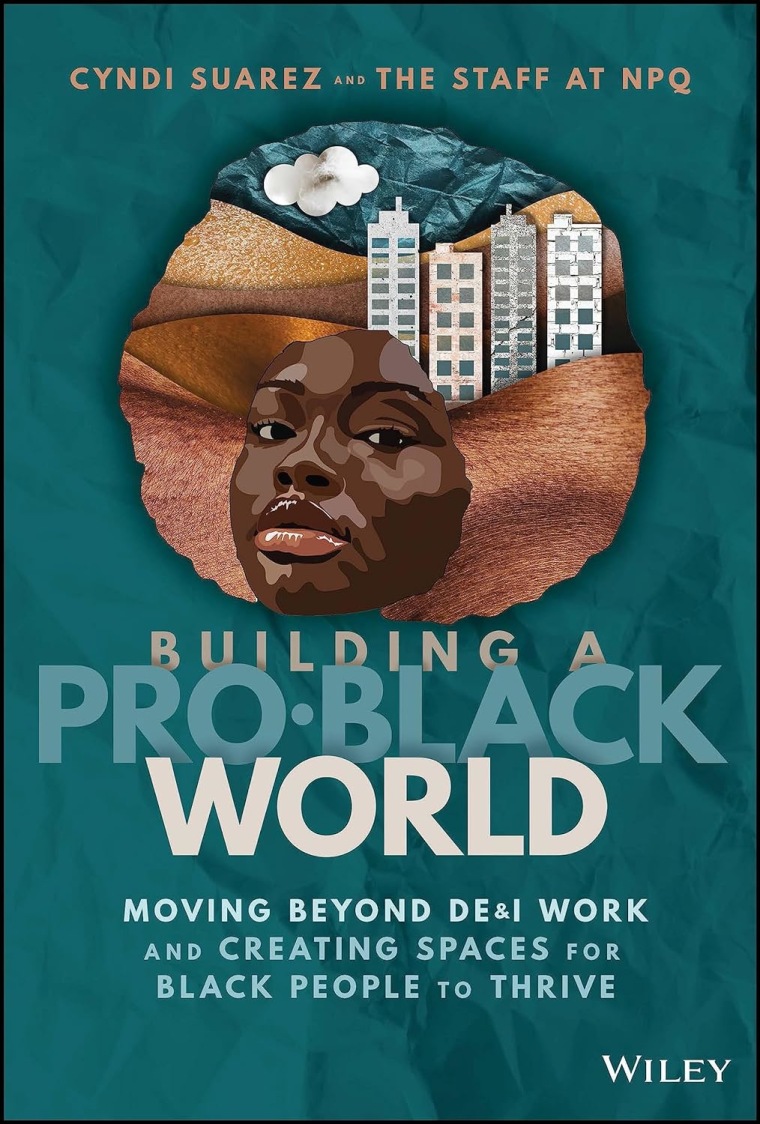Fall is a season of transition. Not only do leaves change color and temperatures cool, but we also experience changes in the workplace. Studies show autumn affects our workplace performance. In addition, more companies are mandating employees return to the office and a new fiscal quarter is on the horizon.
As an underrepresented woman in the workplace, the changes can feel even more pronounced. Inequity demands that we juggle much more than just the responsibilities of our job.
During this time of transition, I’ve found that it’s the perfect time to refresh my reading list. Here are some great fall reads I’ve found to help navigate change:
“The Wake Up” by Michelle Mijung Kim

“The Wake Up” outlines foundational principles often missing in today’s mainstream conversations around “diversity and inclusion.” The book invites readers to dive deep into the challenging work of pursuing equity and justice while exploring the various complexities, contradictions, and conflict in our imperfect world.
I opened this book in the fall of 2022 and have since read it twice more. It’s one of those books that is so nuanced that you can walk away with a different understanding each time. Michelle uses storytelling to encourage others along the path toward justice, reminding us that we may trip along the way, but that progress lies in getting back up and pressing forward.
“I hope my readers continue to find clarity, courage, and hope through ‘The Wake Up,’ Mijung Kim told me. “I hope they feel less alone as they journey alongside other values-aligned people who remind us that our collective healing, freedom, and reclamation of dignity are within reach.”
“Racial Justice at Work: Practical Solutions for Systemic Change” by Mary-Frances Winters and The Winters Group Team

“Racial Justice at Work” unpacks how traditional DEI work has put too much focus on HR solutions (such as increasing representation) and not enough emphasis on justice, which requires changing the deeper organizational systems that perpetuate inequities.
DEI pioneer Mary-Frances Winters and her coauthors address significant aspects of adding a justice focus to diversity work. “Racial Justice at Work” is a practical guide to address the actions required and provides readers with discussion questions to guide their work, whether they’re looking to redefine professionalism or retain and attract more BIPOC talent.
“The inspiration for the book was hearing from clients who did not know how to operationalize equity and justice in their workplaces,” Winters told me. “I believe there is no clarity about what it means to be a justice-centered organization, which involves acknowledging and correcting past harm”.
“Building A Pro-Black World: Moving Beyond DE&I Work and Creating Spaces for Black People to Thrive” by Cyndi Suarez and The NonProfit Quarterly Staff

This book delivers a roadmap to creating pro-Black nonprofit organizations. Moving the conversation beyond stale DEI cliches, editor Cyndi Suarez and the NonProfit Quarterly staff have included works from historically excluded voices and racial justice leaders that outline how to create an environment in which Black people can thrive and the “why” behind building a world that benefits all of society, from the most marginalized to the least.
In the interest of transparency, I am one of the voices included and wrote two chapters on the intersection of communications, healthy equity, and racial equity. I was inspired to participate alongside change agents such as Alicia Garza, co-founder of Black Lives Matter, and Sandy Darity, who outlines his framework for Black reparations.
“Coleman Hill” by Kim Coleman Foote

Coleman Hill is the exhilarating story of two American families whose fates become intertwined in the wake of the Great Migration. Braiding fact and fiction, it is a remarkable, character-rich tour de force exploring the ties that bind three generations.
I rarely pick up novels, but in a moment when attempts are being made to erase Black history, it makes intergenerational stories like the ones Kim tells all the more timely and purposeful. A significant theme in “Coleman Hill” is how trauma can repeat within families when people don’t recognize (or deny) maladaptive patterns.
“I hope readers in similar situations will see these cycles in their own families and attempt to stop perpetuating them. I also hope that people unfamiliar with African-American history can gain insight into and empathy for the Black experience in the United States, from slavery through today,” Coleman Foote said.
